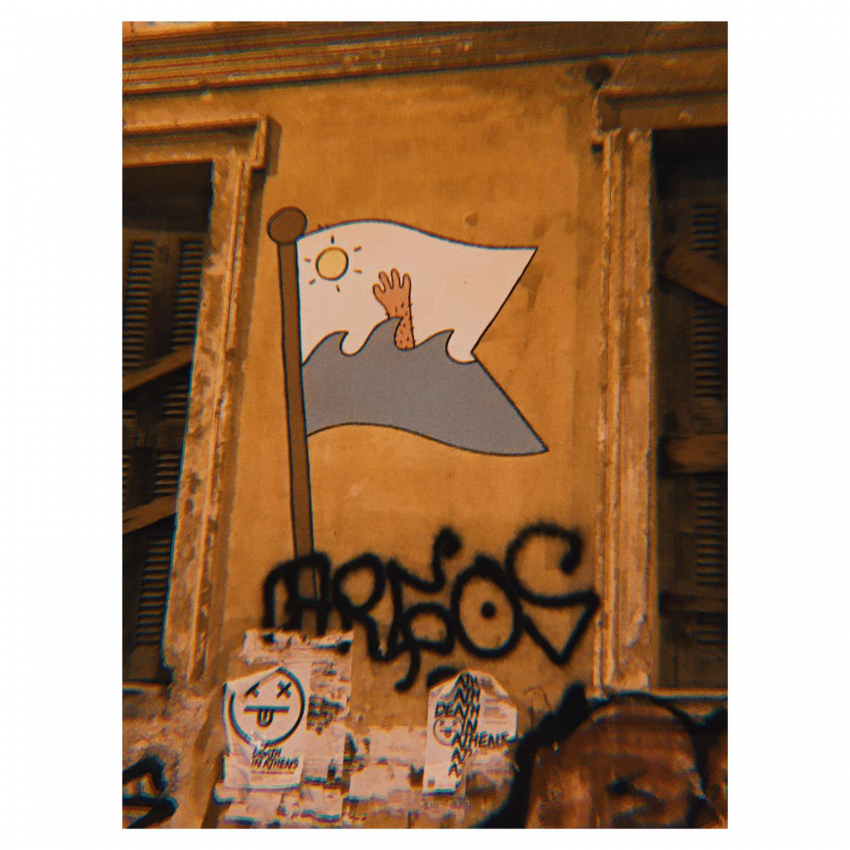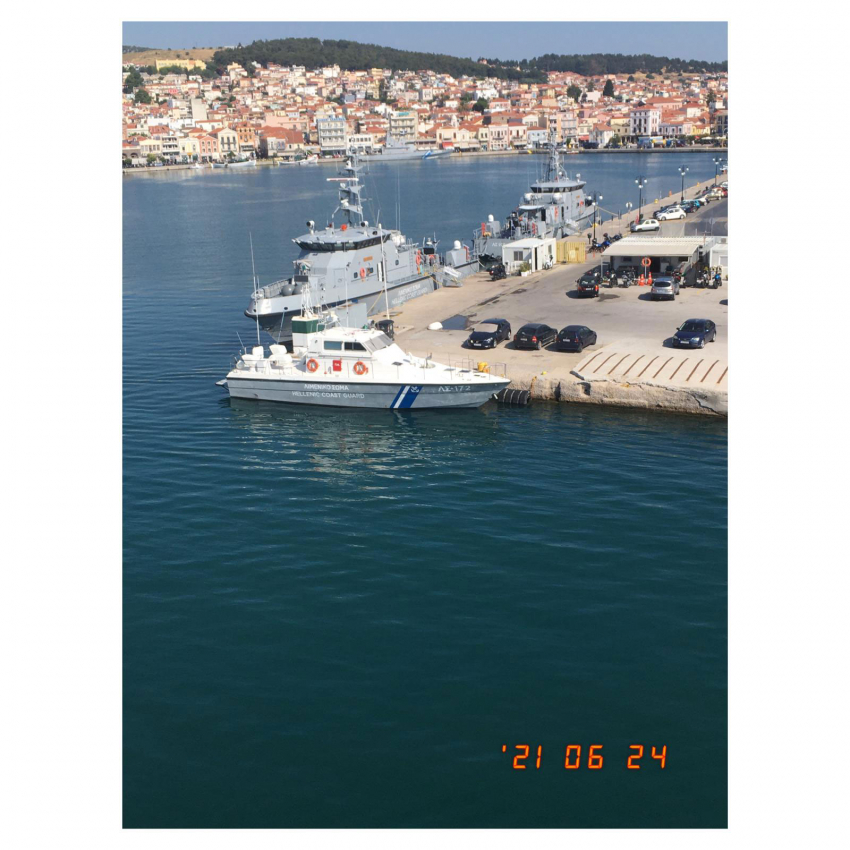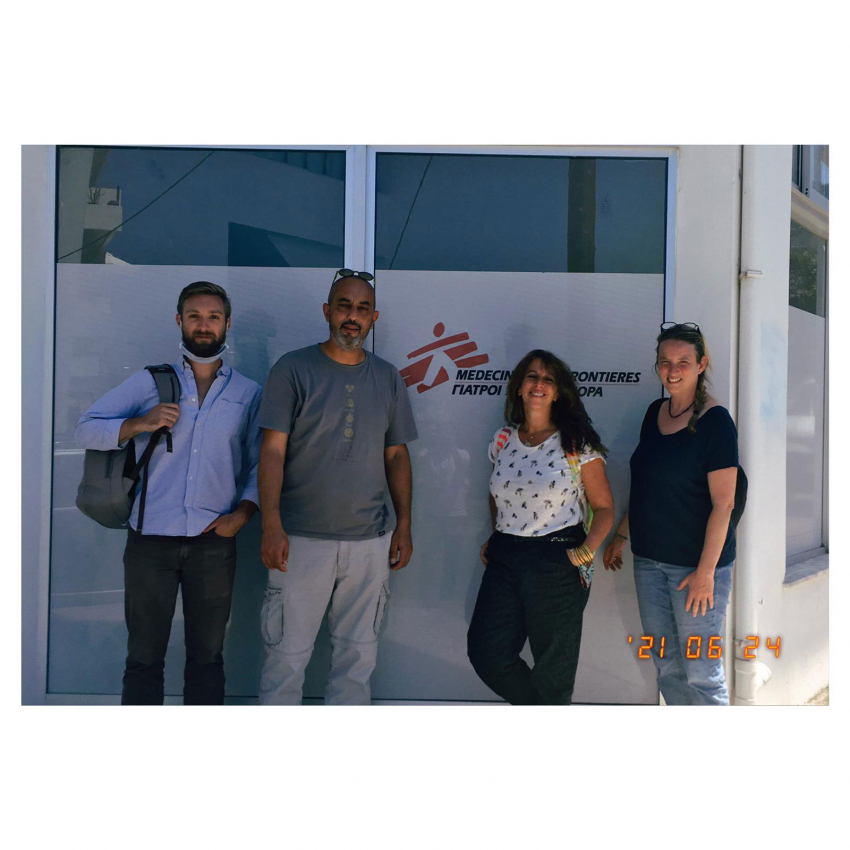
- About BT����
- History of BT����
- Mission & Core Values
- Vision and Leadership
- BT���� Recognition
- Alumni Success
- Campus Development
- Arts at BT����
- Policies & Guidelines
- Academics
- Undergraduate
- Graduate Programs
- MA in Diplomacy and International Law
- MA in Global Communications
- MSc in Human Rights and Data Science
- MA in International Affairs
- MA in International Affairs, Conflict Resolution, and Civil Society Development
- MSc in International Management
- MSc in Strategic Brand Management
- Find Your Thesis Advisor
- Previous Programs
- Cultural Program
- Faculty
- Summer School
- Research Centers
- The Center for Critical Democracy Studies
- The Center for Writers and Translators
- The George and Irina Schaeffer Center for the Study of Genocide, Human Rights and Conflict Prevention
- The Joy and Edward Frieman Environmental Science Center
- The Center for Media, Communication & Global Change
- Departments
- Academic Resources
- Academic Affairs
- Academic Calendar
- Academic Resource Center
- Library
- Registrar's Office
- Teaching and Learning Center
- Employer Network
- Accessibility & Accommodation Services
- Quai D'Orsay Learning Commons
- Paris as Classroom
- ACE Center
- Admissions
- Student Life
- Campus
- Student Leadership & Involvement
- Paris
- Support Services
- Student Development Help Desk
- Student Accounting Services
- Student Immigration Services
- Student Grievance Procedure
- Diversity and Inclusion
- Health & Well-being
- Digital Student Handbook
- News
- Events
- BT���� Giving
- Housing Offer for 2024-2025
- Housing | Spring 2024
- IRIS Project
- IT Services
- Alumni
- About BT����
- History of BT����
- Mission & Core Values
- Vision and Leadership
- BT���� Recognition
- Alumni Success
- Campus Development
- Arts at BT����
- Policies & Guidelines
- Academics
- Undergraduate
- Graduate Programs
- MA in Diplomacy and International Law
- MA in Global Communications
- MSc in Human Rights and Data Science
- MA in International Affairs
- MA in International Affairs, Conflict Resolution, and Civil Society Development
- MSc in International Management
- MSc in Strategic Brand Management
- Find Your Thesis Advisor
- Previous Programs
- Cultural Program
- Faculty
- Summer School
- Research Centers
- The Center for Critical Democracy Studies
- The Center for Writers and Translators
- The George and Irina Schaeffer Center for the Study of Genocide, Human Rights and Conflict Prevention
- The Joy and Edward Frieman Environmental Science Center
- The Center for Media, Communication & Global Change
- Departments
- Academic Resources
- Academic Affairs
- Academic Calendar
- Academic Resource Center
- Library
- Registrar's Office
- Teaching and Learning Center
- Employer Network
- Accessibility & Accommodation Services
- Quai D'Orsay Learning Commons
- Paris as Classroom
- ACE Center
- Admissions
- Student Life
- Campus
- Student Leadership & Involvement
- Paris
- Support Services
- Student Development Help Desk
- Student Accounting Services
- Student Immigration Services
- Student Grievance Procedure
- Diversity and Inclusion
- Health & Well-being
- Digital Student Handbook
- News
- Events
- BT���� Giving
- Housing Offer for 2024-2025
- Housing | Spring 2024
- IRIS Project
- IT Services
- Alumni
- About BT����
- History of BT����
- Mission & Core Values
- Vision and Leadership
- BT���� Recognition
- Alumni Success
- Campus Development
- Arts at BT����
- Policies & Guidelines
- Academics
- Undergraduate
- Graduate Programs
- MA in Diplomacy and International Law
- MA in Global Communications
- MSc in Human Rights and Data Science
- MA in International Affairs
- MA in International Affairs, Conflict Resolution, and Civil Society Development
- MSc in International Management
- MSc in Strategic Brand Management
- Find Your Thesis Advisor
- Previous Programs
- Cultural Program
- Faculty
- Summer School
- Research Centers
- The Center for Critical Democracy Studies
- The Center for Writers and Translators
- The George and Irina Schaeffer Center for the Study of Genocide, Human Rights and Conflict Prevention
- The Joy and Edward Frieman Environmental Science Center
- The Center for Media, Communication & Global Change
- Departments
- Academic Resources
- Academic Affairs
- Academic Calendar
- Academic Resource Center
- Library
- Registrar's Office
- Teaching and Learning Center
- Employer Network
- Accessibility & Accommodation Services
- Quai D'Orsay Learning Commons
- Paris as Classroom
- ACE Center
- Admissions
- Student Life
- Campus
- Student Leadership & Involvement
- Paris
- Support Services
- Student Development Help Desk
- Student Accounting Services
- Student Immigration Services
- Student Grievance Procedure
- Diversity and Inclusion
- Health & Well-being
- Digital Student Handbook
- News
- Events
- BT���� Giving
- Housing Offer for 2024-2025
- Housing | Spring 2024
- IRIS Project
- IT Services
- Alumni
Strategic Lawyering is a practice that uses courts in order to hold the most responsible actors to account, provoke social change and protect the most vulnerable victims. The Justice Lab is partnering with two international lawyers on the following projects:
1 - EU Migration Policies in the Mediterranean
In collaboration with International lawyer
Workshop on Strategic Litigation in Greece

With the goal of strengthening the efforts of legal aid and human rights organizations, lawyers, academics, and other actors working to uphold the rights of refugees and migrants in Greece––and throughout Europe more broadly––the Justice Lab is planning to organize a workshop on strategic litigation at BT����.
��
The workshop will focus on how legal actors and NGOs can more effectively explore new avenues to seek justice for rights violations and sharing knowledge on what has and hasn't worked during previous cases. The workshop aims at dedicating one day of closed-group discussions with various legal actors––from Greece and other select EU countries–– and one day of panel discussions which will be open to students and the public.
��

In preparation for the Justice Lab's proposed strategic litigation workshop, Prof Sharon Weill, Adv Jeanne Sulzer, and Gabriel Green met with lawyers and NGOs throughout Athens and Lesvos in June 2021.

We would like to extend our deepest gratitude to everyone who took time out of their busy schedules to meet with the Justice Lab representatives, including MSF Greece, HIAS Greece, the Greek Council for Refugees, Fenix Humanitarian Legal Aid, Legal Center Lesvos, Refugee Legal Support Athens, ECCHR, Syria Justice and Accountability Centre, Refugee Support Aegean, Giota Massouridou, Eirini Vlachou, Dimitris Choulis, and others.��
We look forward to continuing our cooperation with these actors into the future.
related links:
��
��
From 2014 to date, EU migration policies allegedly killed by drowning more than 20,000 civilians in the Central Mediterranean. From 2016 to date, EU migration policies allegedly forcibly transferred and arbitrarily and indefinitely detained more than 50,000 survivors in Libyan camps. According to the ICC Prosecutor [hyperlink to statement to UNSC?], in these camps the deportees are exposed to numerous crimes against humanity within her jurisdiction.
In partnership with the Master Program in Human rights at Sciences Po Paris, the NGO ��and a private law firm contributing working pro-bono - the Justice Lab��focuses on challenging these ongoing policies, pursuing accountability and providing remedy for the victims of these grave breaches of international law. We are doing so by litigating cases before international, regional and EU courts.
��
Objectives
- Criminal cases to be submitted to the ICC and in EU Member States’ national jurisdictions, seeking to hold EU and Member States’ officials to account for alleged crimes against humanity committed pursuant to EU migration policies.
- Civil cases to be submitted in EU and Member States’ national jurisdictions against European agencies and governments, seeking to terminate unlawful operations and provide remedy for damages the victims of EU migration policies incurred.
Read the����submitted by lawyer Omer Shatz at the International Criminal Court
Read a����by The Guardian.
2 -��Universal Jurisdiction Map��
International lawyer
��
Objectives
- Create a visual and interactive map of UJ cases around the world with legal and procedural indicators
- Show the role of victims and NGOs on strategic litigation
The UJ Interactive Map
- Would be the first project to identify and analyze UJ cases in the world in a visual way
- unique resource and research tool to analyze the crimes involved, the countries that use UJ to investigate and prosecute, highlight the main challenges
- Enough legal and procedural information to support analysis on strategic litigation / role and place of victims in large scale trials
- Compare charges and existence of cumulative charges (for ex. international crimes and terrorism)
- Create an incentive for groups to be part of the BT���� Justice Lab UJ map and share information
- Create forum for discussion on UJ cases for practitioners and academia
Proposed indicators (eg. Case of Syria)
- CSO / Victims association backing the case (ex. OSJI, Syrian Archive, SCM, Yazedis groups )
- Lawyers or pro bono group backing the case (ex. Guernica)
- Crimes alleged (CAH, War crimes)
- Procedural & UJ related issue (ex. presence of the accused)
- Countries in which these crimes are being investigated or prosecuted (ex. Germany, France, Netherland)
- Existence of a specialized Units (ex. Pole in France)
- Info about investigation (ex. existence of JIT Joint investigation team France/Germany) and prosecution
- Legislation used at the domestic level (ex. Code of international crime Germany)
- Victims participation
- Trial (podcast, monitoring …)
- ICC / complementarity